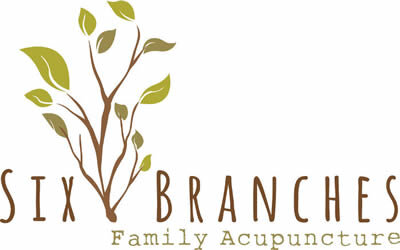Organic food is all the rage, and with good reason, but many people still feel they can't afford the higher price tag that comes with the organic label. If you want to buy organic food, but can't seem to work it into your budget, here's a few things to help you prioritize your choices:
1. Choose organic meat and dairy. I know this sounds counter-intuitive, and ideally, you're eating more vegetables and fruits daily than meat or dairy. While pesticides are actually sprayed directly onto vegetables and fruits, meat and dairy animals are higher on the food chain. So while you can still wash your vegetables and peel many of your fruits, animals that have eaten large amounts of feed with pesticides have concentrated those toxins, often in their fat cells. Combine those toxins with the well-documented health effects of animal-based proteins, and you have a recipe for poor health. Animals raised in an organic manner will also have been fed a more balanced diet, which will reduce the inflammatory properties of their meat significantly, and lessen the negative effects on your long-term health.
2. Some fruits and vegetables are more pesticide-laden than others. Some foods require more pesticides when they're grown conventionally and others don't need as much. The Environmental Working Group puts out a Shopper's Guide to Pesticides in Produce that you can download and keep in your wallet to reference when you're at the grocery store. It can help you decide which produce is the most important to buy organic.
According to EWG's guide, the most important fruits/veggies to buy organic are apples, peaches, strawberries, nectarines, grapes, and blueberries, celery, spinach, bell peppers, kale, collards, and potatoes.
3. Join a CSA. Community Supported Agriculture initiatives have become much more common across the country. Depending on the farm, they can be a cheaper way to get organic produce regularly, and sometimes they also provide eggs or dairy. Local Harvest has a great directory to help you find a CSA or farm in your area.
